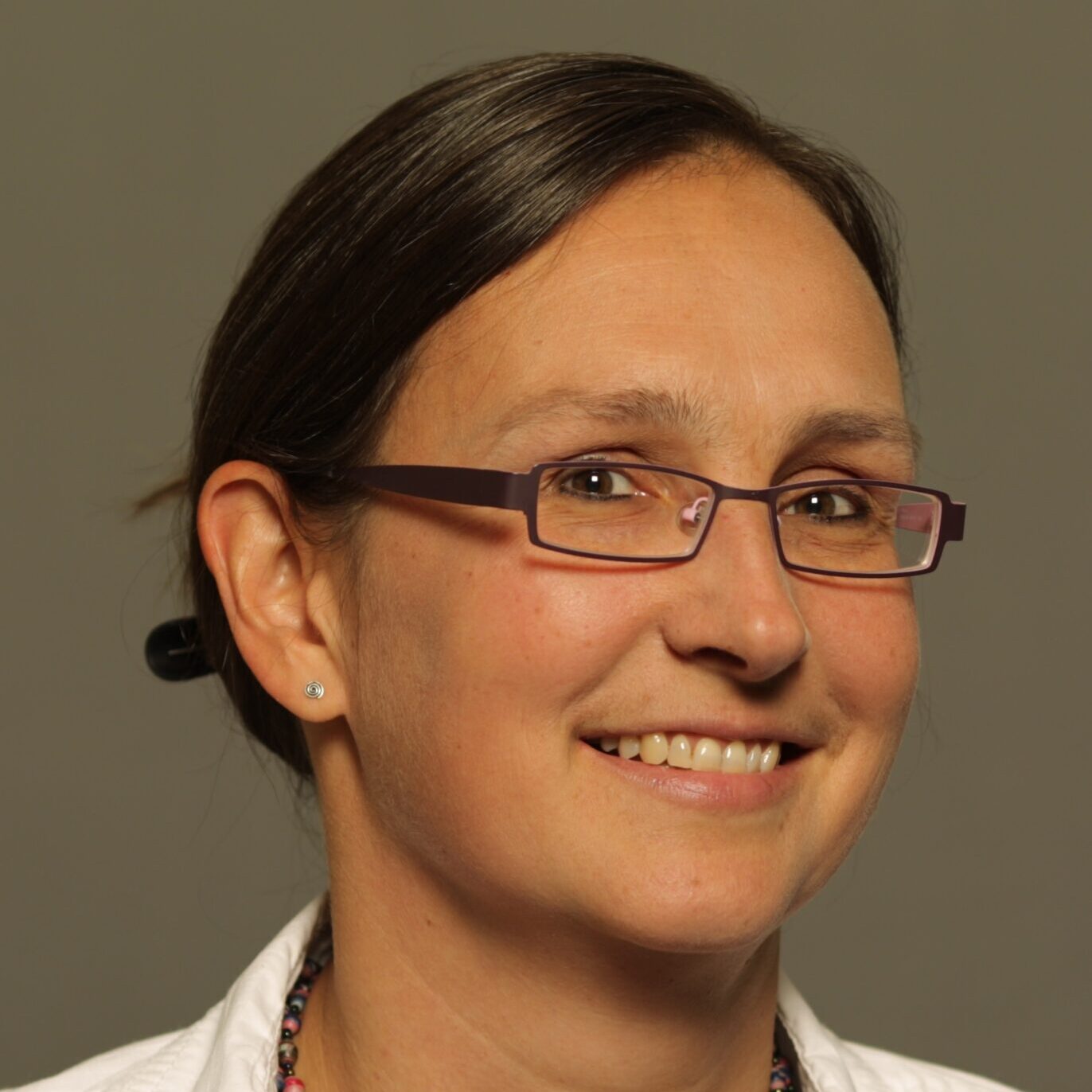
Prof. Dr Miriam Fritsch
Experimental physics, especially physics of hadrons and nuclei
NB 2/131
Tel.: +49 234 32 23541
Research
One of the central questions of physics is the composition of matter. Especially in the field of hadrons, which includes protons and neutrons, some phenomena are still unexplained. Quantum chromodynamics (QCD), the theoretical description of the strong interaction, is in good agreement with most of the measurement results. However, neither QCD itself nor effective theories or calculations within the framework of lattice QCD are able to assign all the states found so far and to elucidate their internal structure.
Besides the improvement of the theoretical description on the part of theoretical physics, it is important, on the one hand, to search for new predicted or non-predicted states. On the other hand, in order to confirm or exclude theoretical descriptions, it is necessary to precisely measure the states that are found. Energy scan measurements allow the precise determination of the mass and width of states, while partial wave analysis enables the extraction of additional properties such as spin and parity.
In order to improve the database, I have joined forces with colleagues worldwide to set up the PANDA experiment in Darmstadt and, in parallel, to analyse the data from the BESIII experiment in Beijing.
The person
Training
Professional career
Projects of my working group
PANDA experiment at FAIR, Darmstadt
- Design and construction of the luminosity detector
- Determination of luminosity
- Data recording system
- Detector control system
- Simulation studies for charmonium spectroscopy
- PANDA PHASE0 KOALA@COSY
BESIII Experiment at IHEP, Beijing, China
- Search for Charmonia and exotic states
- Interpretation of baryonic final states
- Measurement of open charm decays
- Particle identification
Development of a Common Partial Wave Analysis Framework (ComPWA)
Development of monolithic silicon pixel sensors (HV-MAPS)
- Characterisations
- Implementation of a dE/dx measurement
- Improving the time resolution
Polarised targets for COMPASS, CB@ELSA and A2@MAMI

